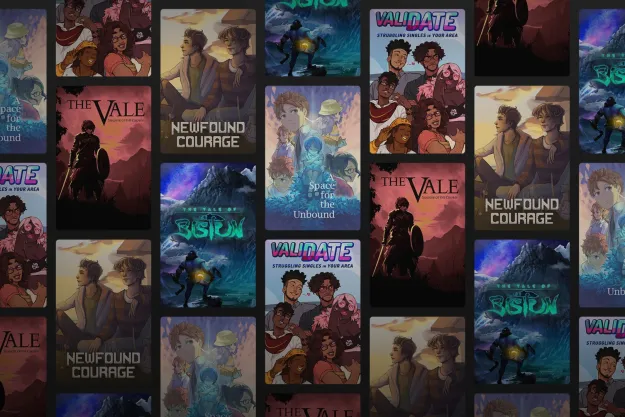
Something as simple as climbing a hill might seem like a basic AI research project, but creating a robot that can carry out the necessary movements is often prohibitively expensive. By limiting that motion to the virtual world of Minecraft, researchers can perform similar experiments without the associated costs.
Given that Minecraft uses a sandbox structure, it’s well-suited to research projects that teach AIs to make decisions about the world around them. In the game, these choices might relate to avoiding a fiery death in a pool of lava or staying inside at night to hide from nocturnal enemies, but the fundamentals could have real world applications.
Project lead Katja Hofmann is quoted as saying that the expected scope of the project “provides a way to take AI from where it is today up to human-level intelligence, which is where we want to be, in several decades time,” in a report from the BBC.
When Microsoft acquired development studio Mojang and its biggest release Minecraft for $2.5 billion in 2014, it was immediately clear that the company was looking for more than just rights to the game and its significant potential for merchandising revenue. For comparison, Disney’s purchase of Lucasfilm — which secured both Star Wars and Indiana Jones — was completed for $4 billion.
Given that Microsoft made such a significant financial investment, Minecraft was always destined to be implemented as more than just a video game product. Between a recent push to use the title in education, its constant presence as HoloLens briefings and this new application in AI research, it seems that the brand is being put to good use.
Editors' Recommendations
- The best ChatGPT plug-ins you can use
- Copilot: how to use Microsoft’s own version of ChatGPT
- OpenAI and Microsoft sued by NY Times for copyright infringement
- Microsoft plans to charge for Windows 10 updates in the future
- This app just got me excited for the future of AI on Macs


